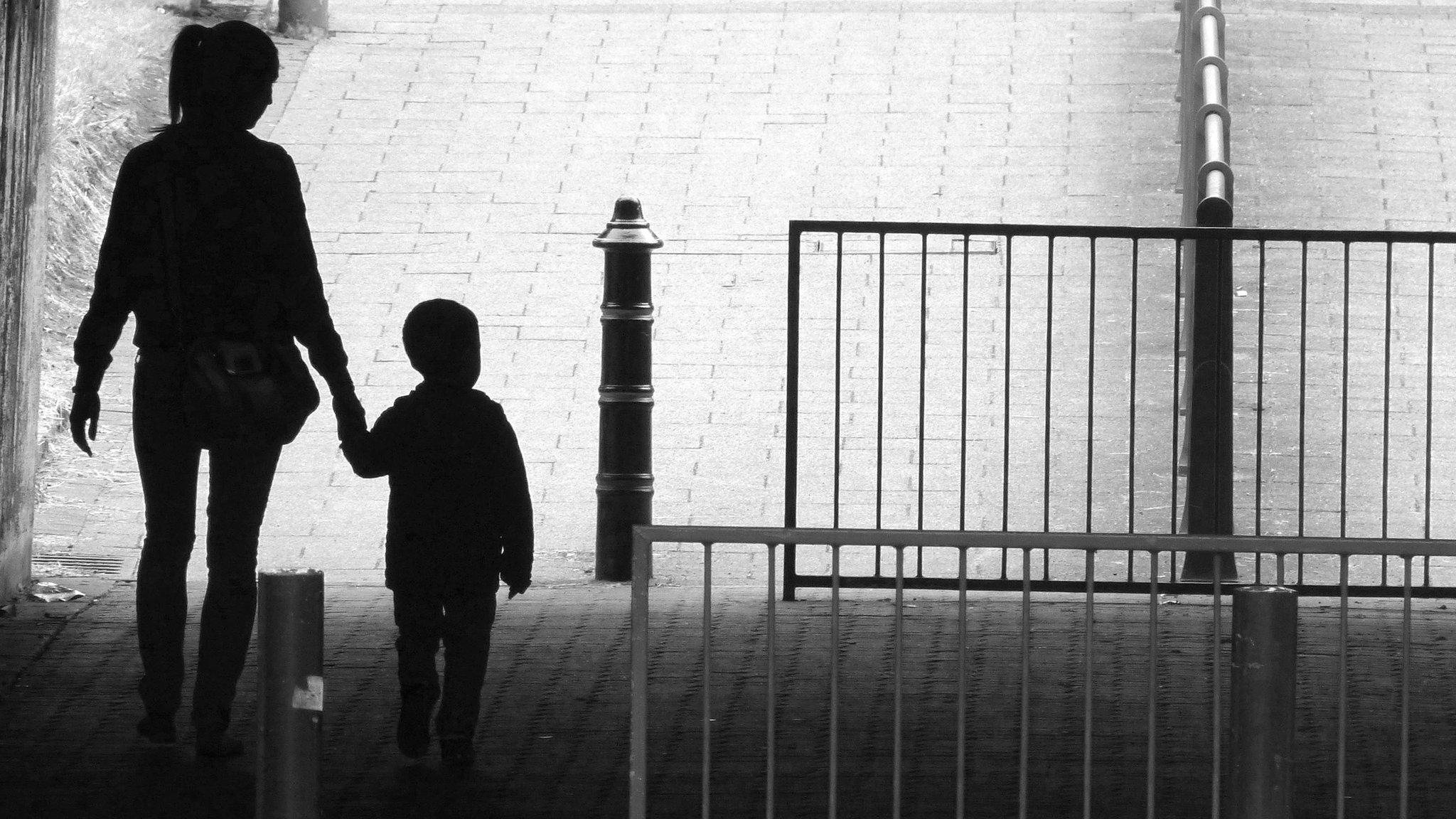Wales has highest child poverty rate, says Save the Children
- Published
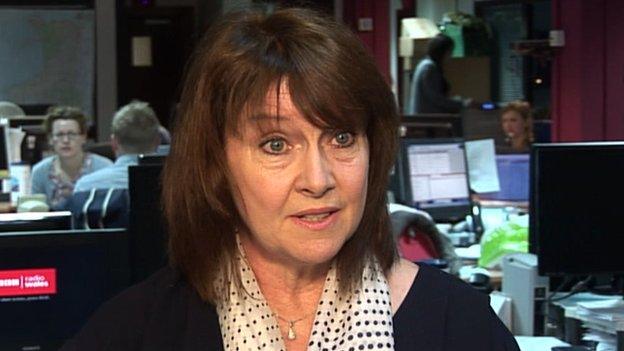
Save the Children's Mary Powell-Chandler said child poverty was affecting education
Wales has the highest percentage of children in poverty in the UK, according to Save the Children.
One in three are in a family whose income is 60% below the UK average, compared to 27% across all regions.
The charity's head in Wales said the knock-on effect in education could be a "lifetime sentence" for some.
The Welsh government said its policies were aimed at breaking the link between deprivation and poor attainment in schools.
Save the Children said the rising cost of living means it is not possible for a single parent on £13,000, or a couple on £18,000 a year, to provide their children with everything they need for a decent start in life.
Deprived areas
"A lot of people find it difficult to appreciate that [poverty] is happening on their doorstep and perhaps don't really understand what it means," said Mary Powell-Chandler, head of the charity in Wales.
"We feature some case studied of families who are working hard and trying to budget, but nonetheless parents making sacrifices isn't always enough.
"Children are growing up in cold, damp houses, not always having the things that they need to make them at the best for starting school."
Ms Powell-Chandler said Welsh government initiatives such as Communities First, external, Flying Start, external and Families First, external, aimed at tackling poverty were working.
But they only help children living in areas identified as being deprived, when not all those needing help live in those areas.
The charity says a minimum wage higher than inflation, an increase in the number of employers paying the living wage and more affordable energy and food costs would help with the UK and Welsh government's pledge to end child poverty by 2020.
A Welsh government spokesperson said it was expanding its Flying Start programme to provide free childcare in its poorest areas and had introduced a number of policies aimed at breaking the link between deprivation and poor attainment in schools.
It said employment provided the best route out of poverty and it was focused on creating jobs and training for households where no-one is in work.
- Published28 November 2013
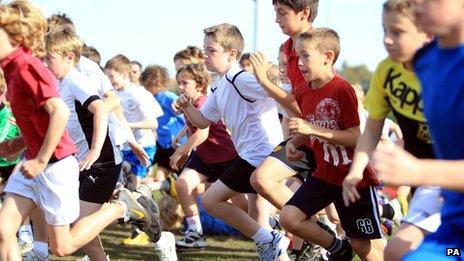
- Published22 October 2013
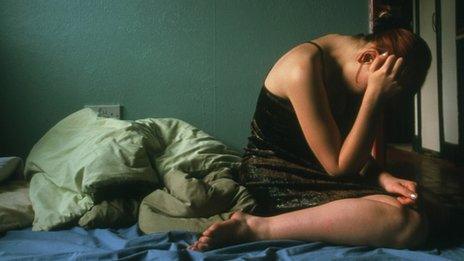
- Published18 February 2014
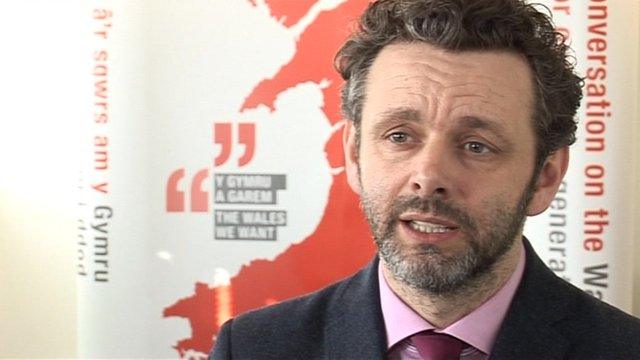
- Published17 October 2013
- Published18 September 2013
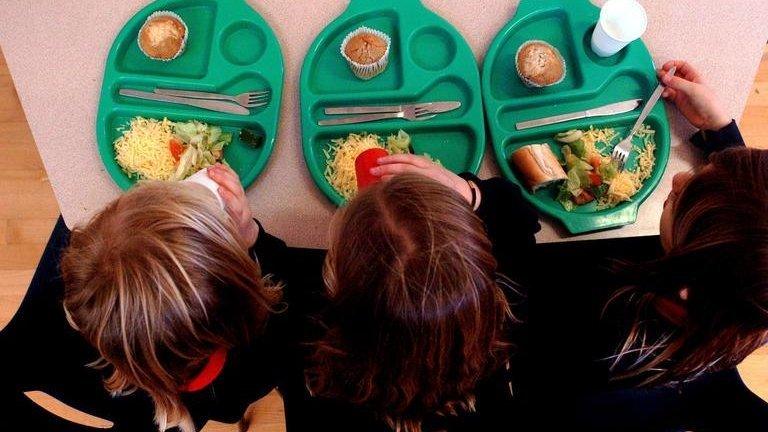
- Published24 February 2014
